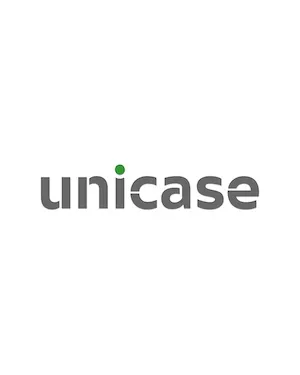- within Energy and Natural Resources topic(s)
- within Energy and Natural Resources, Tax, Media, Telecoms, IT and Entertainment topic(s)
- with readers working within the Healthcare industries
Direct support for investments
Based on international practice, the main lever of starting incentives for small RE is direct support of direct investments (direct subsidies or subsidized loans). This type of support for RE is suitable both for facilities operating on the network and outside. Direct support can be combined with the stimulation of self-consumption schemes (including storage subsidies) through the net revenue method when the producer of renewable energy for its own consumption receives a cash loan for excess electricity supplied to the network.
Tax advantages
Tax advantages can also be used to support small-scale RE in both the electricity and heating sectors in order to stimulate local equipment production. The advantages can apply when using local equipment and technologies that are exempt from VAT and are considered as a justified measure to encourage local manufacturing investment.
Recommendations
In order to eliminate the barriers to the effective use of such tools, it is recommended to refine such schemes in terms of acceptability, levels of support. For example, according to the experience of other countries, the direct support scheme's acceptability for all renewable energy technologies (within reasonable price limits), network and off-network, with support for storage systems may be provided. In terms of support, one can increase from 5 kW and make a gradation of support depending on technologies, their sizes, and owners (household, apartment building, SME) with the abolition of local content.
The content of this article is intended to provide a general guide to the subject matter. Specialist advice should be sought about your specific circumstances.



